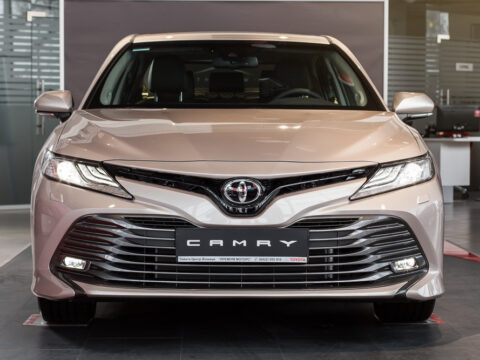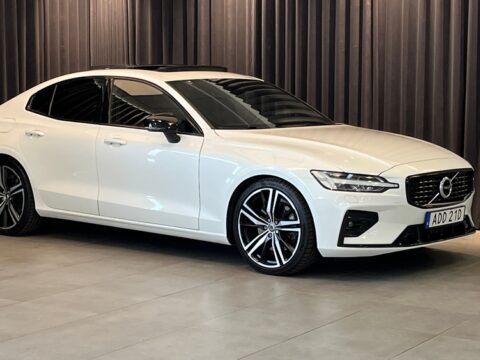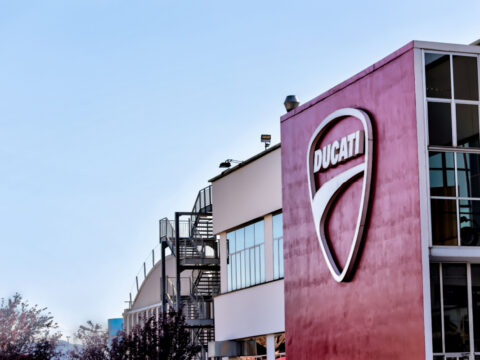As the automotive industry steers into a future marked by rapid technological evolution and shifting global dynamics, it faces a road filled with both opportunities and obstacles. This article explores the complex array of hurdles that manufacturers, consumers, and regulatory bodies will navigate in the coming years. From the monumental shift towards electric vehicles and the integration of autonomous driving technology to grappling with stringent emission regulations and adapting to consumer preferences, each challenge presents a unique facet of the industry’s transformation.
Contents
Transition to Electric Vehicles (EVs)

One of the biggest challenges for the automotive industry is transitioning to electric vehicles. This shift requires significant investment in new technologies, including battery development and electric drivetrains. Additionally, companies must adapt their existing manufacturing processes. The transition also involves establishing sufficient charging infrastructure to support widespread EV adoption.
Implementing Autonomous Driving Technology
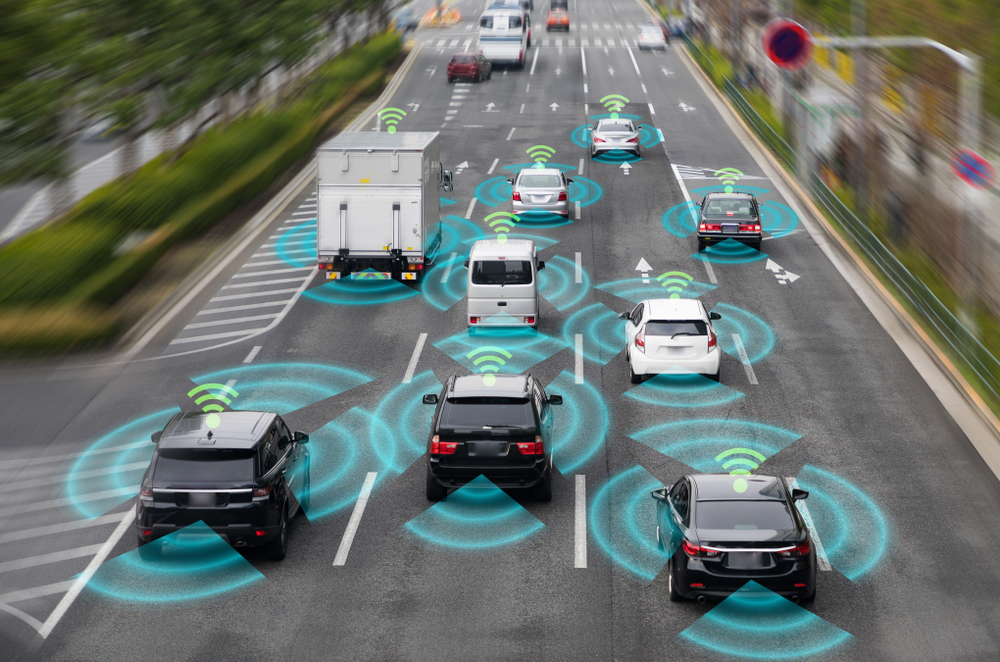
The development and integration of autonomous driving technology pose significant challenges. This includes technological hurdles, such as creating reliable and safe self-driving systems, and regulatory and ethical considerations, like legislation governing the use of such technology and liability in the event of accidents.
Adapting to Stringent Emission Regulations

Governments worldwide are imposing stricter emission regulations to combat climate change. The automotive industry must innovate to develop vehicles that produce fewer emissions, which may involve adopting new technologies like hydrogen fuel cells or improving the efficiency of combustion engines.
Supply Chain Disruptions

The automotive industry faces challenges in its supply chain, exacerbated by global events like the COVID-19 pandemic. Issues such as shortages of key components (like semiconductors) and disruptions in logistics can significantly impact production, leading to delays and increased costs.
Cybersecurity Risks

As vehicles become more connected and reliant on software, cybersecurity becomes a critical concern. Manufacturers must ensure that their vehicles are secure from hacking, which could lead to data theft or, in worst-case scenarios, taking control of the vehicle remotely.
Consumer Acceptance of New Technologies
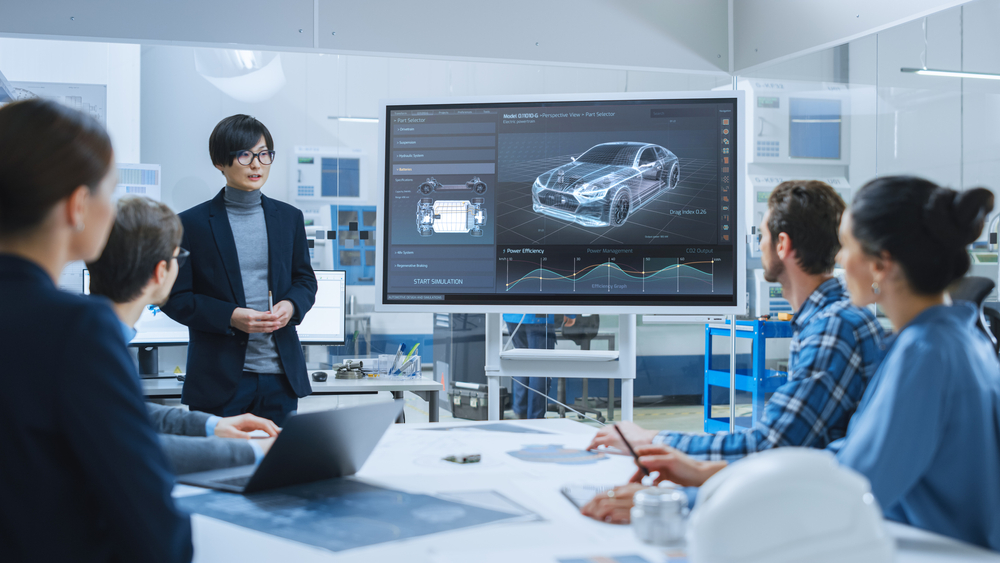
Consumer acceptance of new technologies, such as EVs and autonomous vehicles, is a challenge. The automotive industry must address concerns about the reliability, safety, and practicality of these technologies to encourage widespread adoption.
Sustainable Manufacturing Practices

The industry faces increasing pressure to adopt sustainable manufacturing practices. This involves reducing the environmental impact of production processes, such as minimizing waste and energy consumption, and ensuring that materials are sourced responsibly.
Integrating Advanced Technologies

The integration of advanced technologies, such as artificial intelligence (AI), Internet of Things (IoT), and advanced materials, is both a challenge and an opportunity. These technologies can improve vehicle performance, safety, and efficiency but require significant investment in research and development.
Market Competition and Collaboration

Intense competition in the automotive industry is driving innovation but also creating challenges in terms of market saturation and price wars. Additionally, there’s a growing need for collaboration between traditional manufacturers and tech companies to develop new technologies, which can be complex due to differing corporate cultures and goals.
Evolving Consumer Preferences
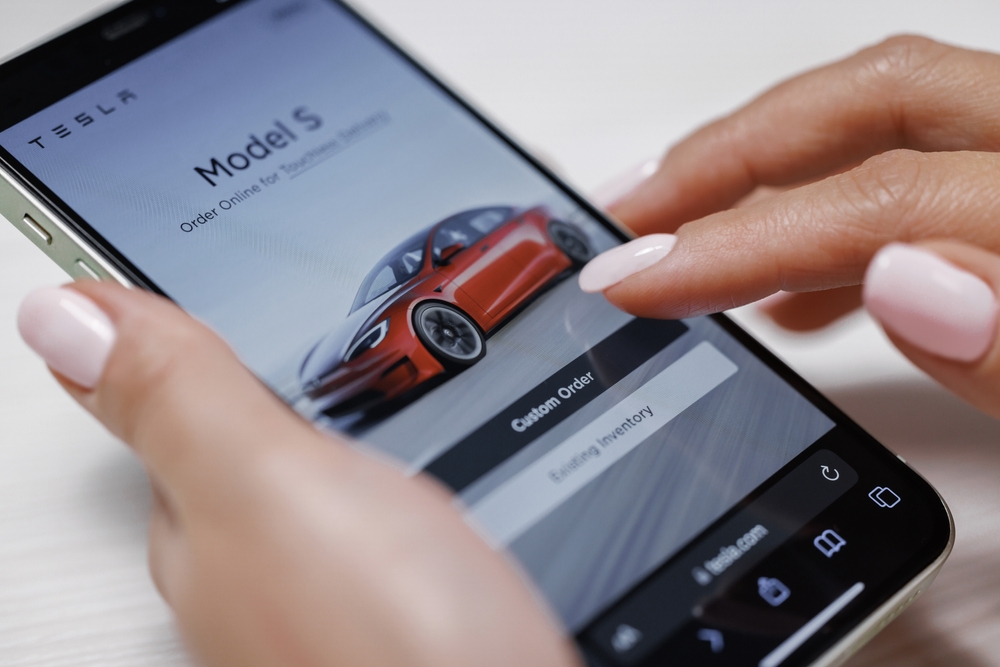
Changing consumer preferences pose a challenge. Consumers are increasingly looking for personalized, connected, and environmentally-friendly vehicles. The industry must adapt to these changing demands while balancing the costs of incorporating new features and technologies.
This article originally appeared on MyCarMakesNoise.
More from MyCarMakesNoise
21 Cars Built to Last Beyond 250,000 Miles

Choosing a car that offers both reliability and longevity is crucial for many drivers. They seek vehicles that not only fulfill daily requirements but also have the ability to surpass significant mileage milestones with minimal complications. Read More.
21 Affordable Vehicles Ready to Conquer Any Terrain

Embarking on off-road adventures doesn’t have to come with a hefty price tag. Whether you’re a seasoned trailblazer or a weekend warrior, plenty of affordable vehicles can tackle rough terrain with ease. Read More.
13 Best GM Trucks Ever Built

General Motors (GM) trucks are renowned for their powerful performance and unwavering reliability, consistently standing out with rugged durability and innovative design. Whether you’re a collector, an adventurer, or in need of a dependable work vehicle, GM’s lineup includes some of the most iconic trucks that meet a diverse array of needs. Read More.

